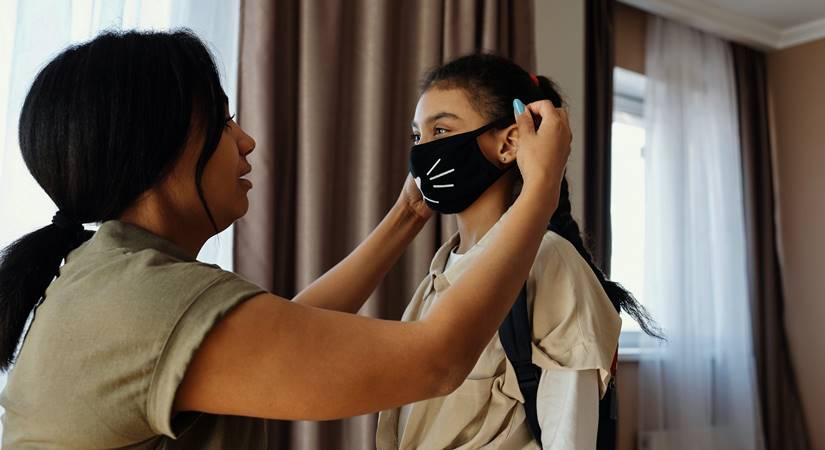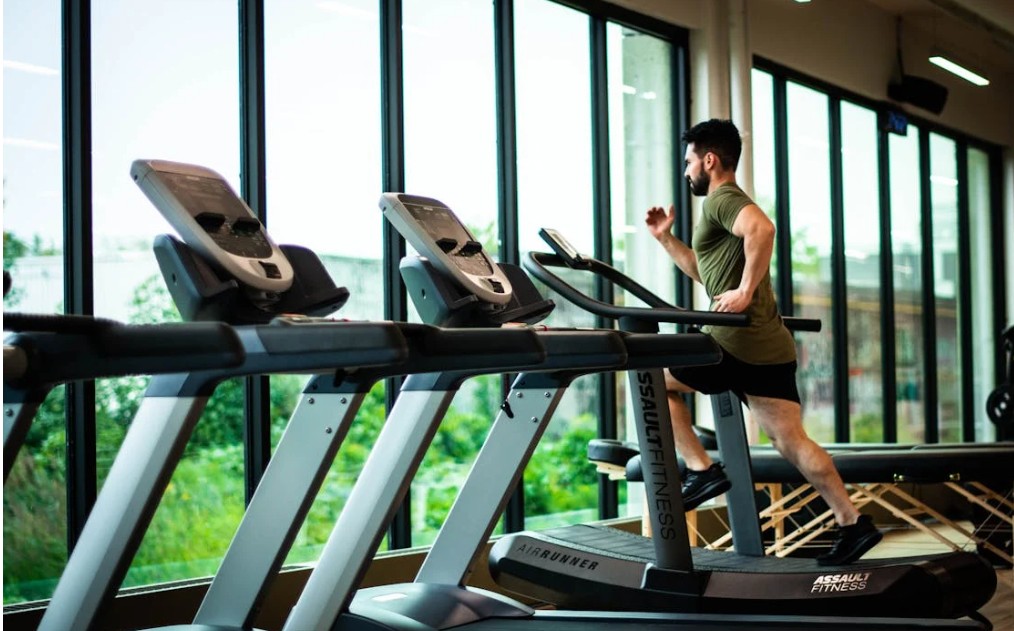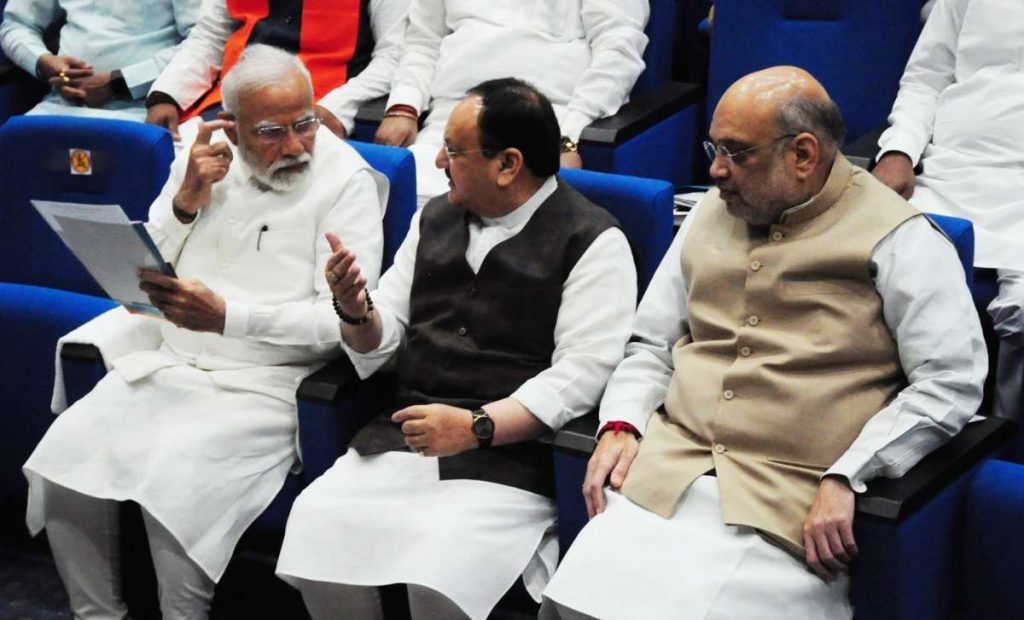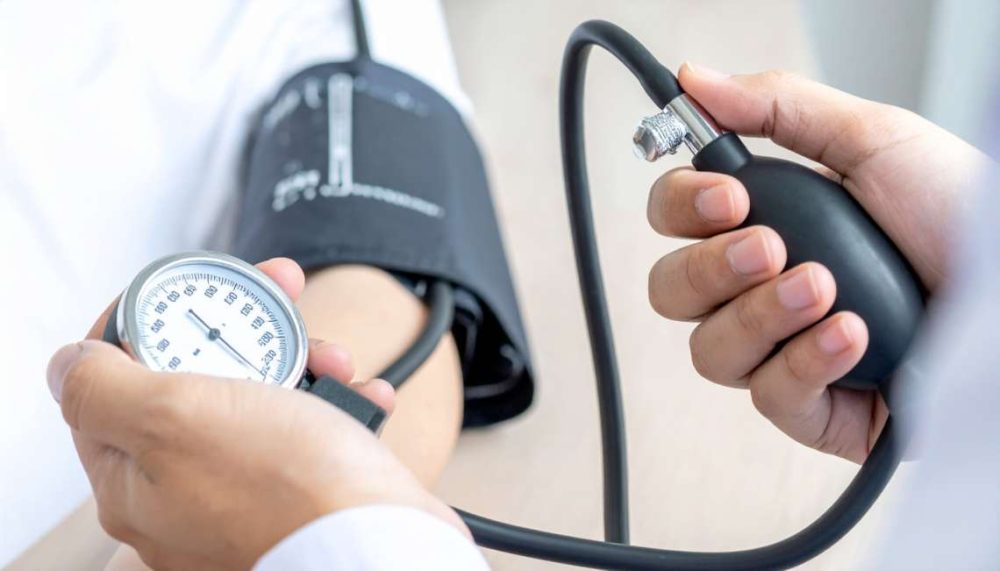Investing in a good quality air purifier with an HEPA filter can significantly reduce indoor air pollution. Keep your windows and doors closed while the air purifier is running to ensure that the air inside your home remains clean…writes Dr. Prashant Saxena
Diwali, the festival of lights, is celebrated with great enthusiasm and joy across India. However, along with the festivities, this vibrant festival also brings a spike in air pollution, which can have detrimental effects on respiratory health. The combination of firecrackers, bonfires, and other festivities leads to a significant increase in air pollutants, posing a serious threat to individuals, especially those with pre-existing respiratory conditions. In this article, we will explore the impact of air pollution during and after Diwali on respiratory health and provide some essential tips on how to take care of your lungs during this time.
The Diwali Air Pollution Hazard
During Diwali, the air quality in many parts of India deteriorates dramatically due to the widespread use of firecrackers. The main pollutants released during this time are particulate matter (PM2.5 and PM10), sulfur dioxide (SO2), nitrogen dioxide (NO2), and various heavy metals. These pollutants can have severe health effects, particularly on the respiratory system. Short-term exposure to these pollutants can cause symptoms such as coughing, wheezing, and exacerbation of pre-existing respiratory conditions like asthma and bronchitis. Long-term exposure can lead to chronic respiratory diseases and reduced lung function.
Tips for Taking Care of Your Respiratory Health During and After Diwali
Limit Outdoor Activities:
During the peak Diwali celebrations, it’s advisable to reduce outdoor activities to minimize exposure to air pollutants. This is especially important for individuals with respiratory conditions. If possible, stay indoors during the fireworks display to avoid direct exposure to the smoke and pollutants.
Use Air Purifiers:
Investing in a good quality air purifier with an HEPA filter can significantly reduce indoor air pollution. Keep your windows and doors closed while the air purifier is running to ensure that the air inside your home remains clean.
Wear Masks:
If you need to go outdoors, especially during the days surrounding Diwali, wear a mask that can filter out fine particles and pollutants. N95 or N99 masks are effective in reducing your exposure to harmful airborne particles.
Stay Hydrated:
Drinking plenty of water helps keep your respiratory system moist and healthy. This can help to alleviate some of the irritation caused by airborne pollutants.
Avoid Smoke and Fumes:
Refrain from lighting fireworks or participating in bonfires if you have respiratory issues. If you are lighting fireworks, maintain a safe distance and ensure there is adequate ventilation. It’s crucial to avoid direct exposure to smoke and fumes.
Create a Clean Indoor Environment:
Clean your home thoroughly before Diwali to remove dust and allergens. Use exhaust fans to reduce indoor pollution and keep your living space well-ventilated.
Consult a Physician:
If you have a pre-existing respiratory condition, consult your physician before Diwali to discuss any necessary changes to your medication or treatment plan. They can provide guidance specific to your health needs.
Practice Breathing Exercises:
Regular breathing exercises, such as deep breathing, can help improve lung function and reduce respiratory discomfort. These exercises can also help in managing stress, which can exacerbate respiratory symptoms.
Follow Local Air Quality Updates:
Stay informed about local air quality levels during and after Diwali. Many apps and websites provide real-time air quality data, allowing you to plan your activities accordingly.
While Diwali is a time of celebration and joy, it’s crucial to be aware of the potential health risks associated with the increased air pollution during and after the festival. By following these tips and taking precautions to protect your respiratory health, you can enjoy the festivities without compromising your well-being. Remember that respiratory problems can be aggravated by air pollution, so taking care of your lungs during Diwali is essential for a healthier and happier celebration.
(Dr. Prashant Saxena, Director and HOD, Pulmonology, Critical Care and Sleep Medicine, Fortis Hospital, Vasant Kunj)
ALSO READ-













